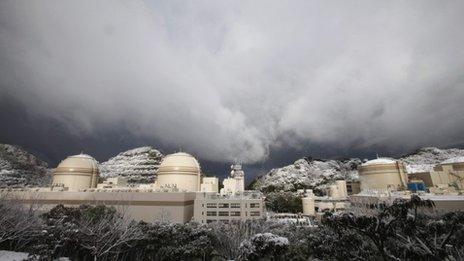Japan nuclear regulator approves reactor restart
- Published
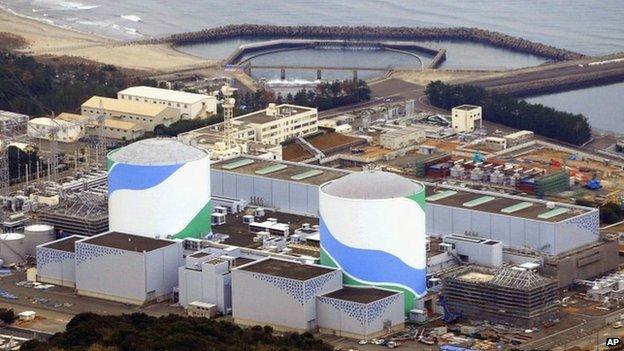
The Sendai reactors would be the first to be restarted since the Fukushima disaster of 2011
Japan's nuclear regulator has given its formal safety sign-off for two reactors at a nuclear plant in the south of the country to restart.
The Sendai plant secured preliminary approval for the restart in July and has now completed a public consultation period.
The regulator says the reactors have met new standards introduced after the Fukushima disaster.
These are the first two reactors to secure this permission.
Now the Sendai plant, in southern Kyushu, must obtain restart approval from local authorities, who are reported to back the move.
It must also pass on-site operational inspections, Kyodo news agency said, with a restart unlikely before December.
All Japan's 48 reactors are currently stopped, but PM Shinzo Abe has been pushing for restarts where possible.
The Japanese public turned against nuclear power after the meltdowns at the Fukushima plant in 2011.
Before the incident, which was caused by a massive earthquake and tsunami, nuclear plants supplied about 30% of Japan's power.
But since then the plants have been closed, either for scheduled maintenance or because of safety fears, and have not been restarted.
Japan's last reactor, at Ohi in western Japan, went offline in September 2013.
Japan is currently relying on extra imports of coal and gas to generate power while its nuclear reactors are idle.
- Published16 July 2014
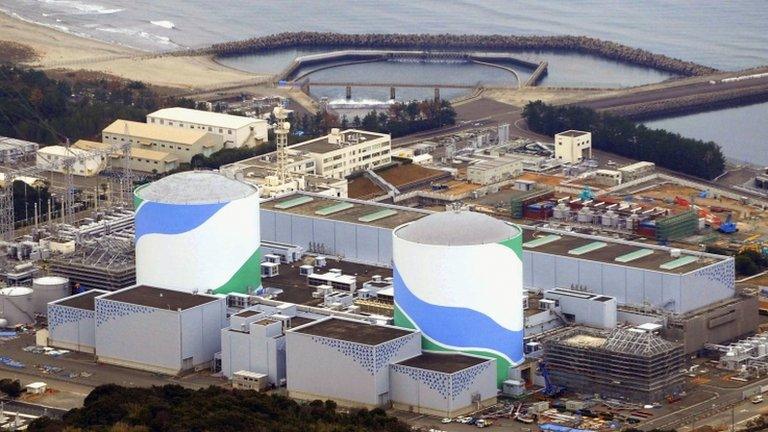
- Published21 May 2014
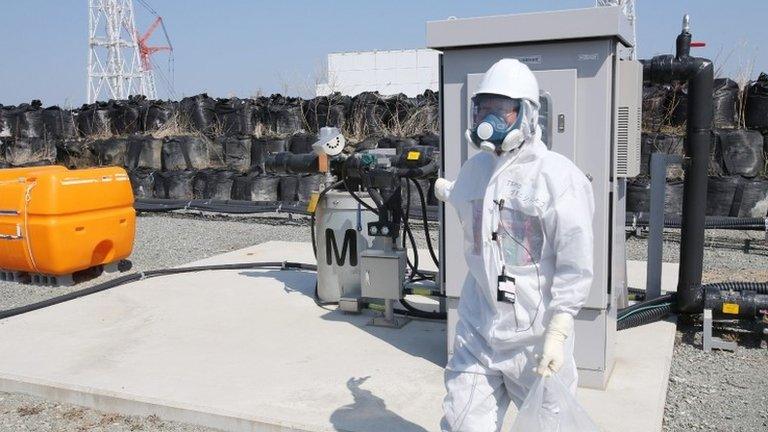
- Published11 April 2014
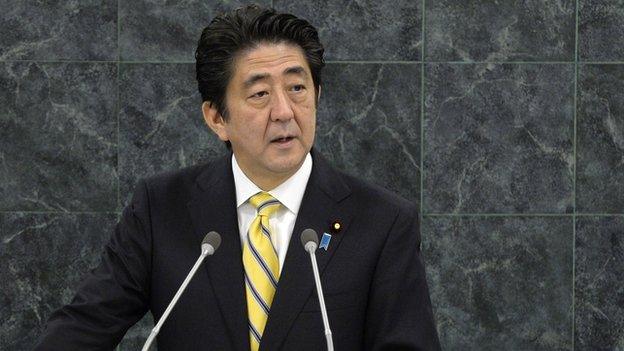
- Published15 September 2013
